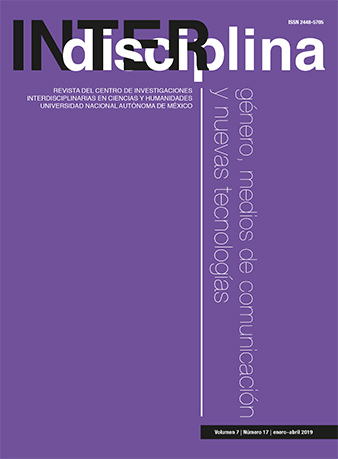Street harassment perception and it relations with self-objectification of women
Contenido principal del artículo
Resumen
Between 7 and 36% of women around the world report having been victimized through a violent act (UN, 2006). Street harassment is an implicit type of violence that deprives women’s freedom of movement. There are no statistics of this type of violence in the Dominican Republic, but generally, cultural practice encourages both men and women to accept it. This study seeks to relate the perception of street harassment, self-objectification in women and their reactions to harassment. We used a non-probabilistic convenience sampling of 46 Dominican women working in a private university in Santo Domingo. Results indicate that the acceptance of sexual harassment has a low positive correlation with objectification, and a high positive correlation with the acceptance of myth of domestic violence. A lower acceptance of street harassment is related to higher levels of education and social status. A greater effort to prevent street harassment is associated with lower self-objectification of women.
Descargas
Detalles del artículo
Citas en Dimensions Service

Esta obra está bajo una Licencia Creative Commons Atribución-NoComercial-SinDerivar 4.0 Internacional.





